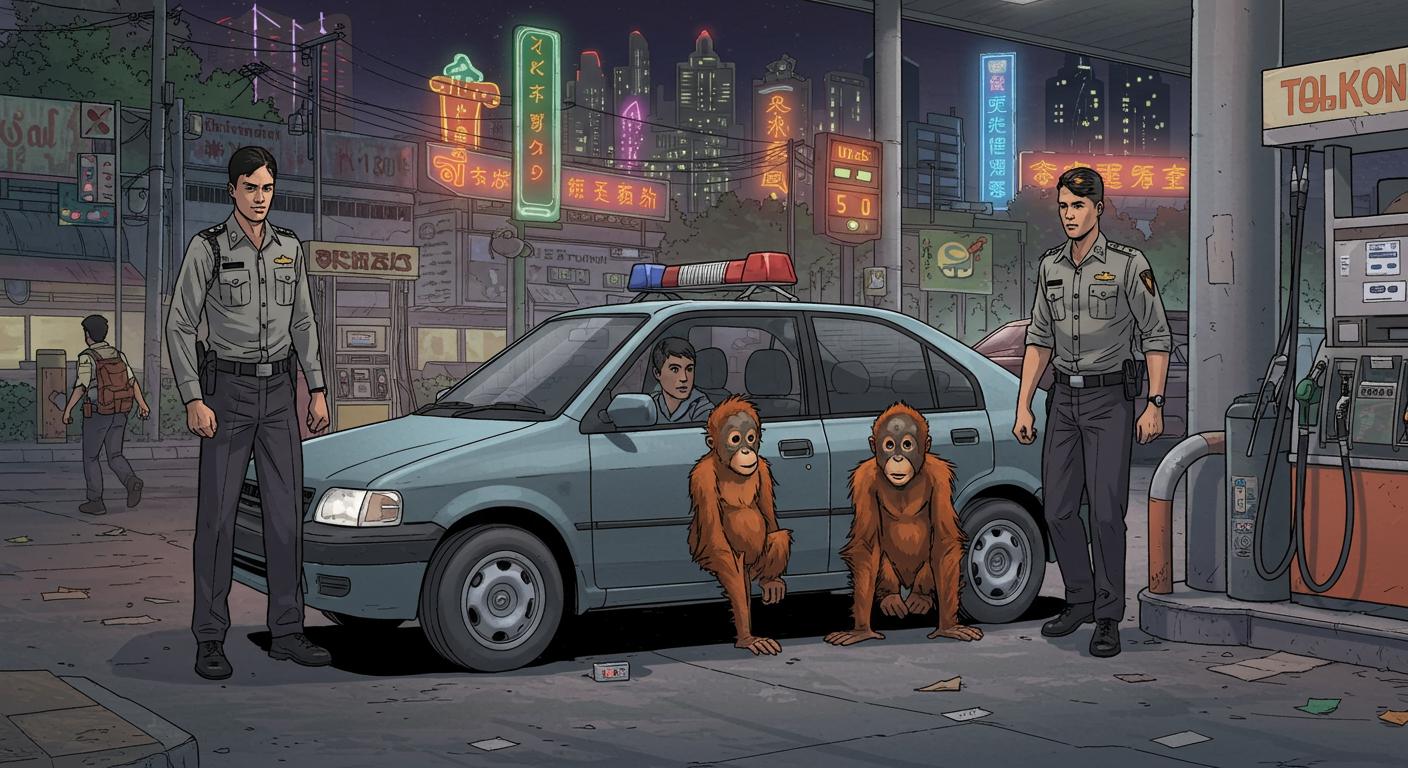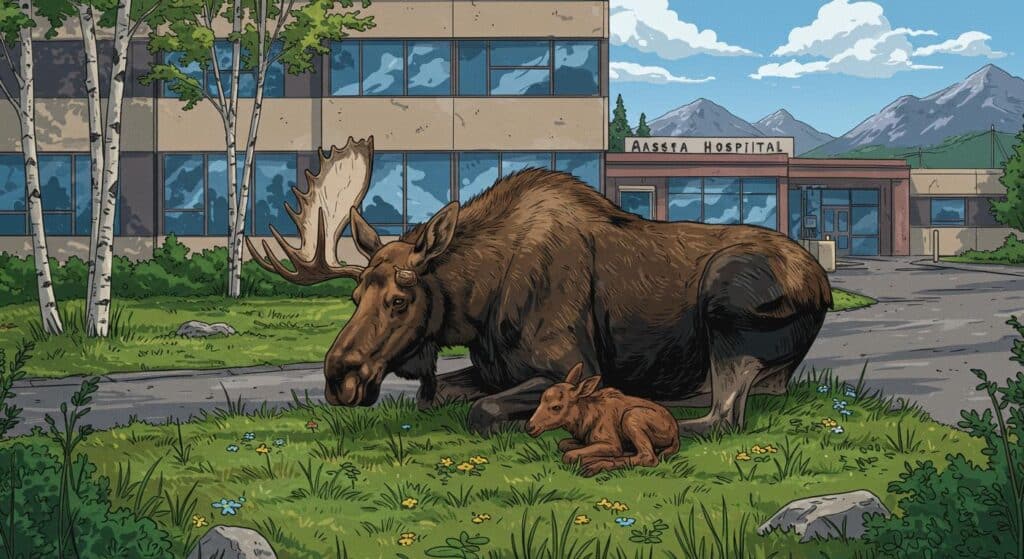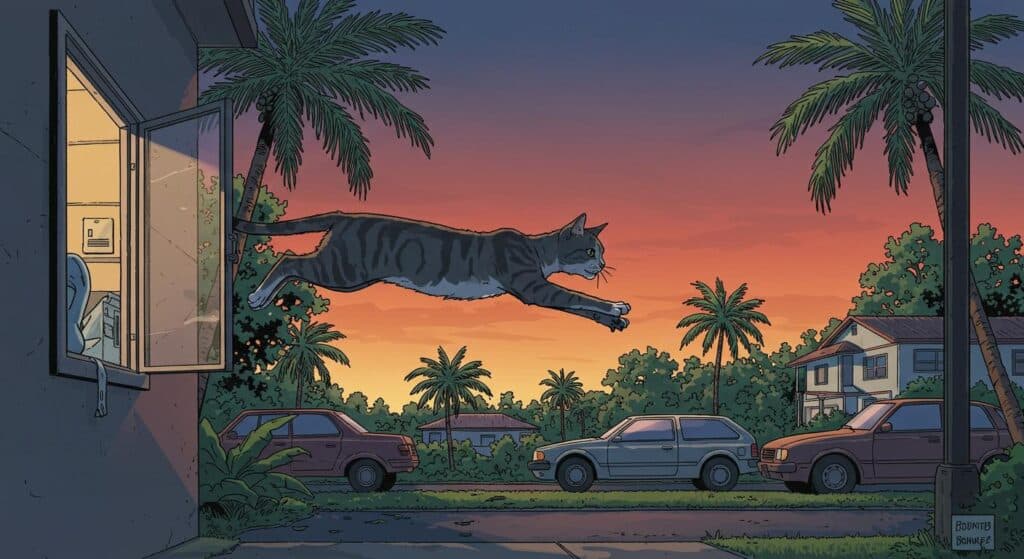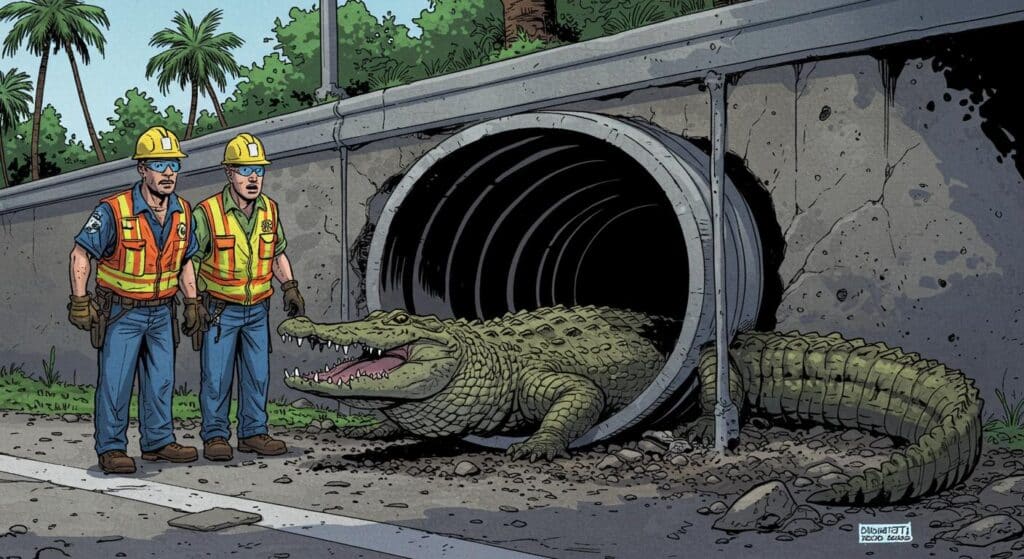Sometimes, the bizarre has a way of eluding even the most dedicated news trawlers. Take, for instance, the curiously incomplete saga of “baby orangutans found at a Bangkok gas station.” Searching for the details leads not to a story about police, exotic animals, or foiled trafficking rings, but rather to a labyrinthine privacy notice—ironic, considering the subject at hand.
Reporting in Absentia
Attempts to corroborate the account, draw facts, or craft a tale about orangutans stashed in city gas stations meet a wall of cookie consents and data policies instead. No mentions of age, trunk, or heroic officers—just admonitions about tracking website visitors and managing ad preferences. In a twist worthy of archival humor, sometimes the only thing truly smuggled out of a news piece is the news itself.
One might consider the missing story a kind of digital wildlife in its own right: glimpsed briefly, never fully captured, and possibly endangered by shifting technology and ephemeral web links. Gas station orangutans, it turns out, may remain in the realm of rumor—at least until a more cooperative article appears on the horizon.
The Joy of Not Knowing
Is there something oddly fitting about the details going missing with a story this odd, as if the universe itself is toying with our collective curiosity? If nothing else, it offers a reminder that the hunt for the weird isn’t always rewarded with answers—sometimes only questions (and perhaps a dubious cookie pop-up) await. The archivist in me can only shrug and wonder what other animal headlines remain hidden in the abyss of broken links and privacy disclosures.







